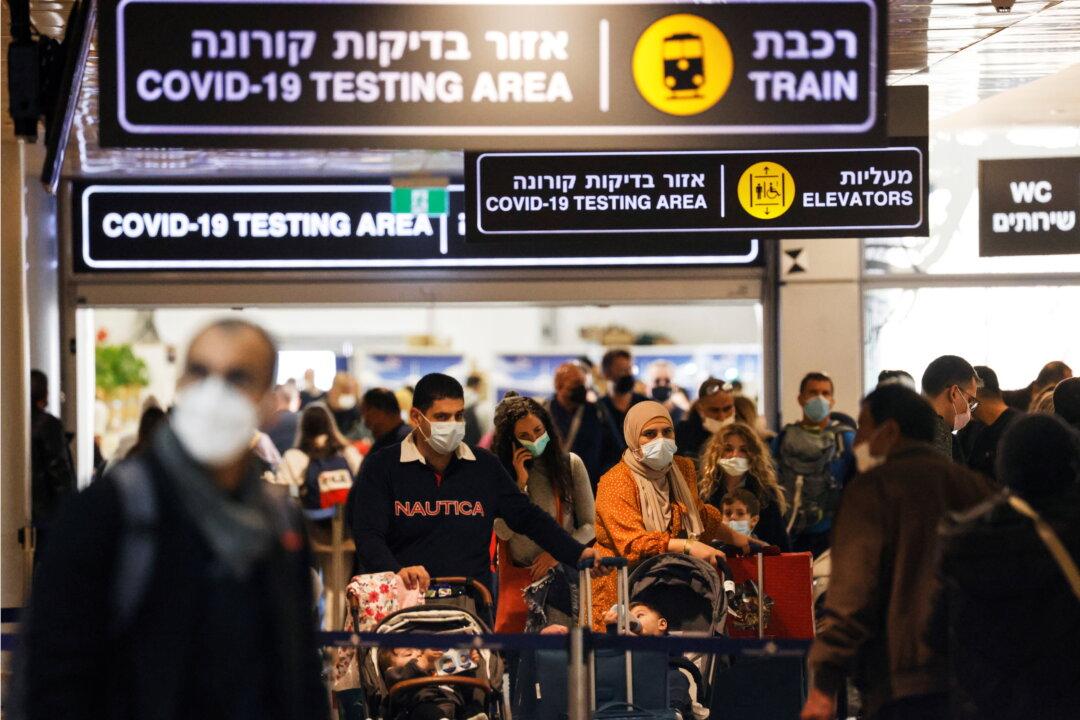Would-be travelers around the world are considering hitting the pause button on their holiday plans amid the discovery of the new CCP (Chinese Communist Party) virus Omicron variant, travel agents said on Monday.
The new variant of the novel coronavirus was discovered in South Africa, the country’s health minister, Joe Phaahla, announced last Thursday.




